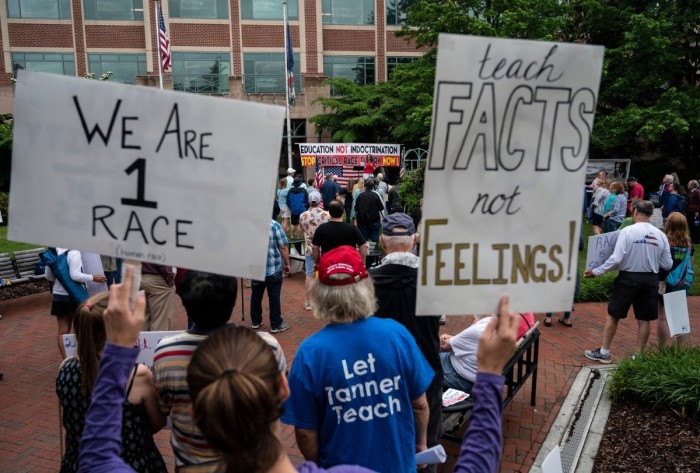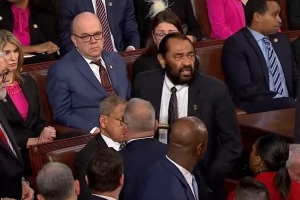Supreme Court rejects appeal from parents suing DOJ over alleged threatening memo

The United States Supreme Court has rejected an appeal from a group of parents who claim that the Department of Justice wrongfully targeted them for expressing their conservative views at progressive public school board meetings.
In an orders list released Monday, the Supreme Court denied certiorari without comment in the case of Saline Parents et al. v. Merrick Garland, allowing a lower court decision in favor of the DOJ to stand.
In October 2021, Attorney General Merrick Garland released a memorandum calling on federal agencies to work with states on "strategies for addressing threats against school administrators, board members, teachers, and staff" in response to many parents protesting the reported inclusion of certain left-wing ideas in public school curricula.
In 2021, a group of parents based in Saline, Michigan, and elsewhere filed a lawsuit against the DOJ over the memo, arguing that the intention of the guidance was to censor parents, especially those espousing conservative views.
"Contrary to the Attorney General's false assertion, there is no widespread criminality at school board meetings where parents and concerned citizens have expressed their opposition and outrage to the 'progressive' agenda being forced upon their children in the public schools," read the lawsuit.
"Yet, the Attorney General considers these private citizens engaging in constitutionally protected activity to be domestic terrorists. Accordingly, the Attorney General labels these private citizens, which includes Plaintiffs, as domestic terrorists."
U.S. District Judge Dabney L. Friedrich ruled against the parents, granting a motion to dismiss the complaint in September 2022, concluding that “the plaintiffs have not sufficiently alleged that they will suffer a reputational or other cognizable injury caused by the AG Policy.”
“As noted, the Attorney General’s memorandum does not apply to the plaintiffs’ activities, and even if it did, the policy does not label anyone a domestic terrorist, as the plaintiffs suggest,” Friedrich continued.
Last December, a three-judge panel of the U.S. Court of Appeals for the District of Columbia Circuit upheld the dismissal, with Senior Circuit Judge Harry Edwards, a Carter appointee, writing the unanimous opinion.
“Appellants allege nothing to suggest that they have ever been hampered in their protest activities by any local or federal law enforcement agencies or actions, prosecutions, civil suits, or official notices of any sort,” Edwards wrote.
“Appellants assert that the Attorney General is personally and ideologically vested in broadly silencing all opposition to ‘progressive’ curricula. Appellants even go so far as to declare that the Attorney General issued the Memorandum for personal gain, but they offer nothing to support this accusation. In sum, Appellants have not come close to demonstrating that the Government is focused on them or their peaceful activities.”





























